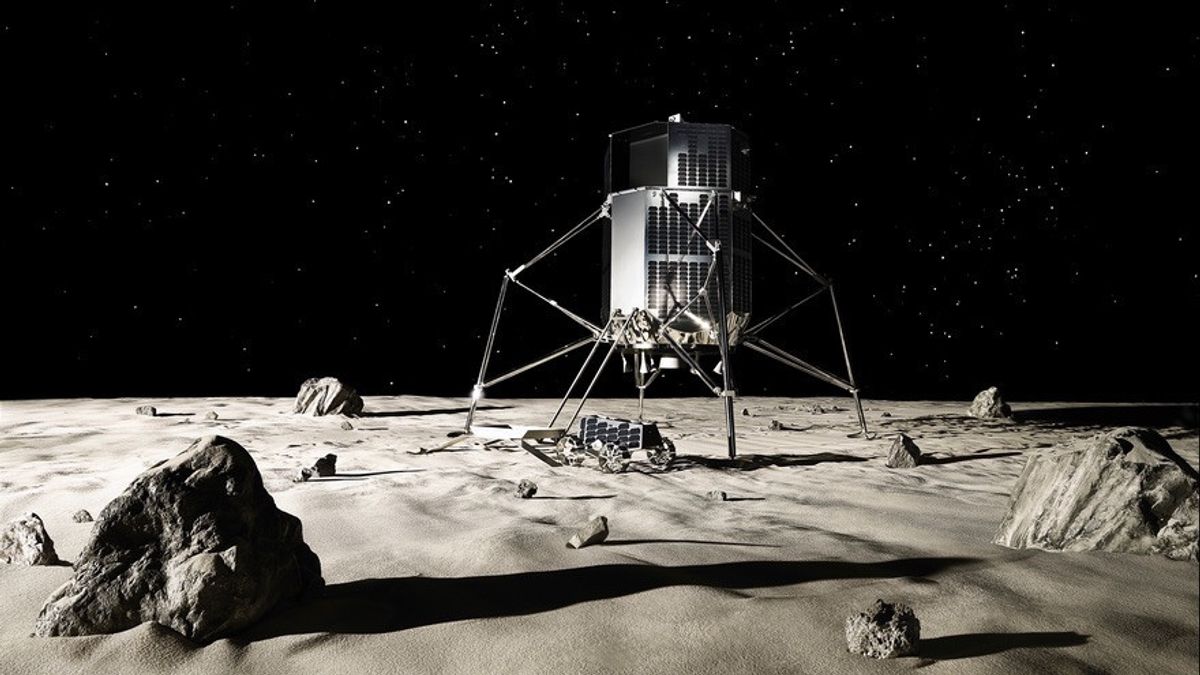JAKARTA - Japan is preparing to make a historic lunar landing on April 25, on Hakuto-R. Now, the spacecraft is orbiting around the Earth's natural satellite.
The ispace Inc's Hakturo-R mission took off without incident from Cape Canaveral, Florida, United States (US), after two delays caused by SpaceX rocket tests, Falcon 9.
Alternative landings will take place on April 26, May 1 and May 3. The probe is currently in elliptical lunar orbit, 62 miles close to the lunar surface, and is heading as far as 1,430 miles.
When it is about to land, Hakuto-R will brake as it approaches the closest distance to the lunar surface. He then had to fire out his main propulsion system to slow down from orbit.
Utilizing a series of predetermined commands, the lander will adjust its stance and reduce speed to make a soft landing on the lunar surface. The process will take about an hour, "said ispace.
The main landing site is in Atlas Crater, which is located on the southeastern edge of Mare Frigoris (Cold Lautan), was selected to maintain flexibility during the operation.
Atlas Crater is chosen along with several contingencies, which can be used depending on the variables that occur during transit.
The site on the Moon meets the technical specifications of the lander technology demonstration mission, the science exploration goal for the Mohammed Bin Rashid Space Center (MBRSC) mission, as quoted by Space, Tuesday, April 18.
The spacecraft also carries a small Rashid rover for MBRSC. Careful considerations of target location criteria include continuous solar broadcast duration and communication distance from Earth. Alternative landing targets include Lacus Somniorum, Sinus Iridium and Oceanus Procellarum.
If successful, Hakuto-R will be the first private spacecraft to land safely on the Moon and will make Japan the fourth country to soft-land on the moon, after the United States (US), the Soviet Union, and China.
So far, ispace has been working on its second and third Moon missions, targeting launches in 2024 and 2025, respectively.
The English, Chinese, Japanese, Arabic, and French versions are automatically generated by the AI. So there may still be inaccuracies in translating, please always see Indonesian as our main language. (system supported by DigitalSiber.id)








